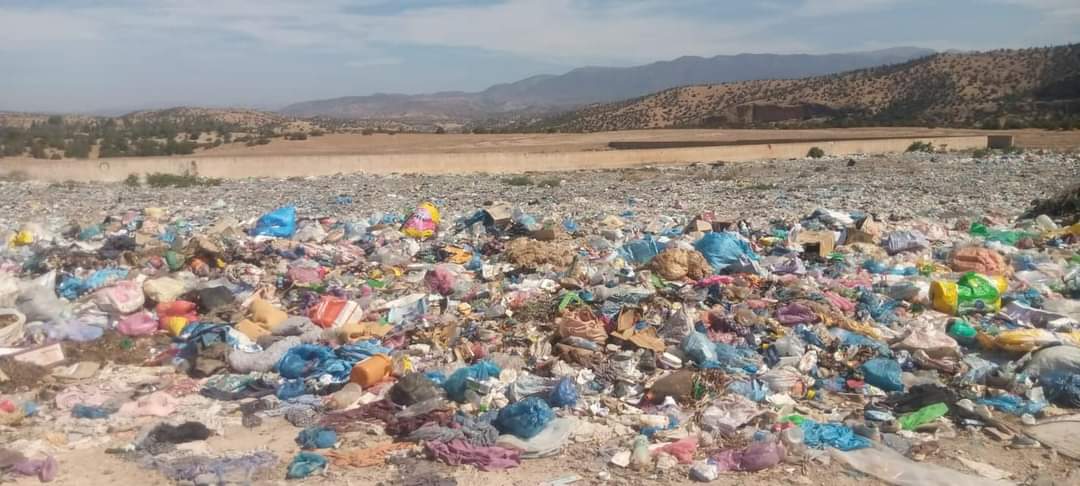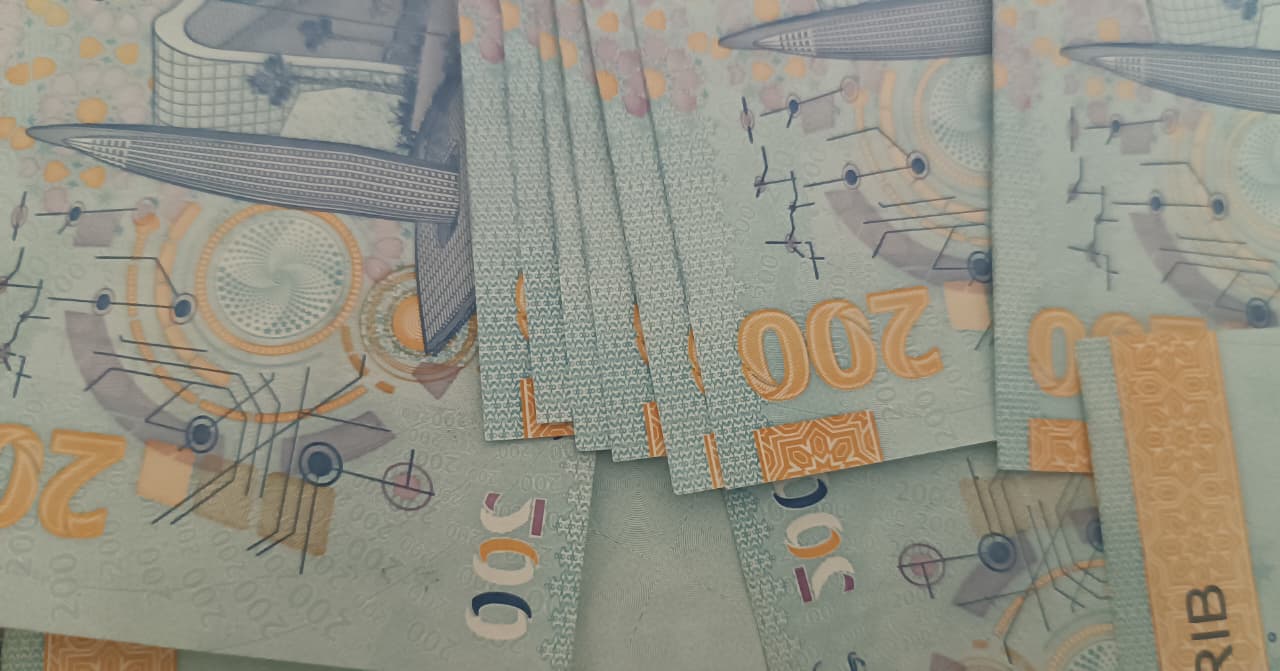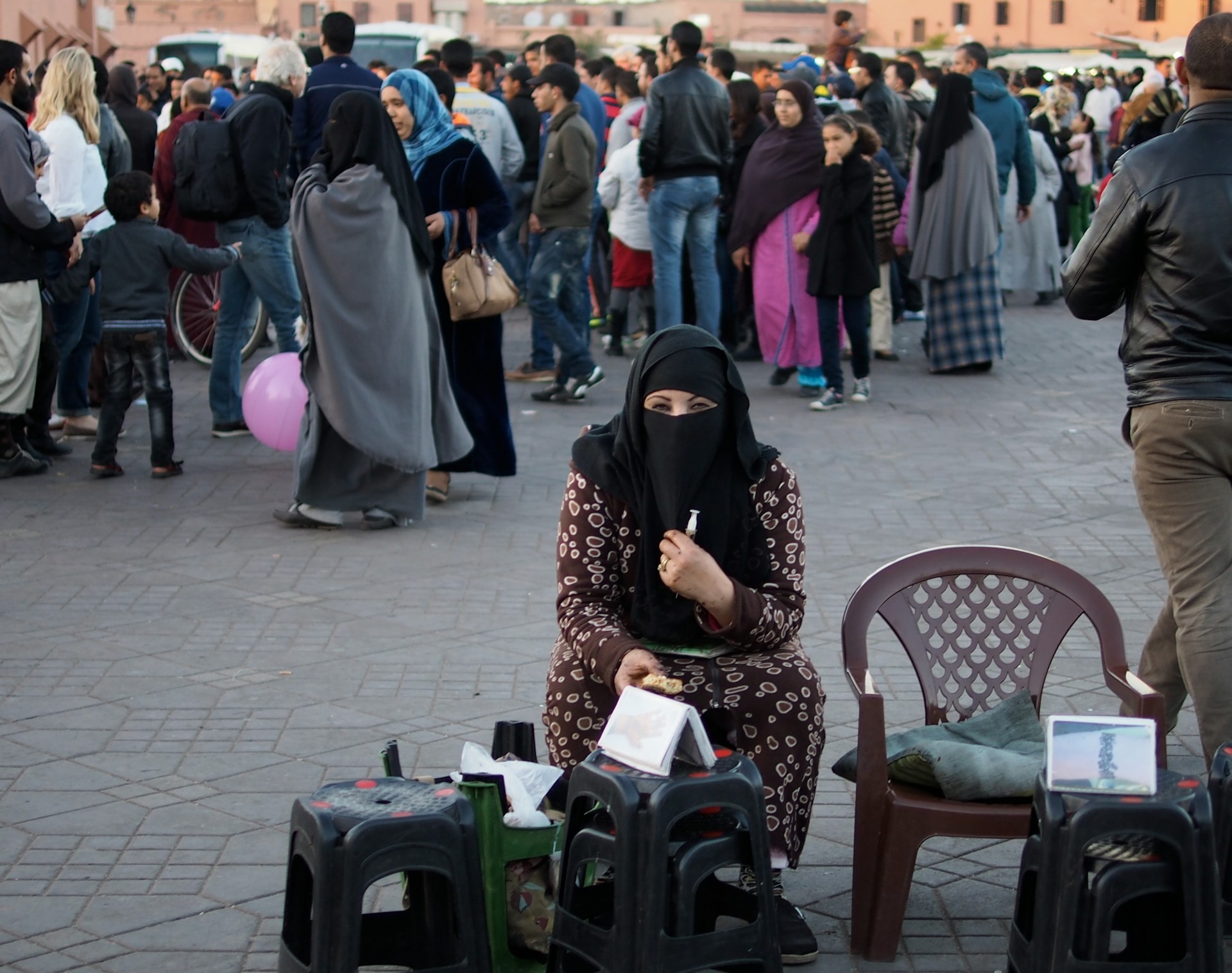Casablanca – In a strategic move to address Morocco’s mounting waste management challenges, the World Bank has approved $250 million financing package to support the country’s Municipal Solid Waste Management (MSWM) program. The ambitious initiative seeks to overhaul waste management systems and foster sustainable practices that can meet the growing environmental and fiscal demands of urbanization.
Morocco is facing an escalating waste crisis as its urban population continues to swell and consumption patterns shift. According to recent reports, the country’s municipal solid waste output reached 8.2 million tons in 2020, with over 6 million tons generated in urban areas. Without a comprehensive waste reduction plan, projections show this figure could soar to 11.4 million tons by 2030, threatening to overwhelm the existing waste management infrastructure and worsen environmental conditions.
In response to this challenge, the World Bank’s financing will fuel a multifaceted program designed to both reduce waste and enhance recycling efforts. The Municipal Solid Waste Management Program (MSWMP), which will run from 2023 to 2034, aims to drastically increase Morocco’s recycling rate from just 7% to 25% over the next decade. To achieve this goal, the program will focus on upgrading existing landfills, creating new waste recovery facilities, and addressing environmental hazards by closing abandoned and uncontrolled waste sites across the country.
“This partnership marks a significant step in transforming waste management in Morocco,” said a World Bank representative. “Not only will it improve the environmental landscape, but it will also introduce new economic opportunities, particularly by boosting the recycling sector and supporting green energy initiatives.”
The program will be implemented by the Ministry of the Interior, with close collaboration from key ministries such as the Ministry of Energy Transition and Sustainable Development. Local municipalities are also expected to play a pivotal role in ensuring the success of the initiative.
One of the standout features of the program is its collaboration with Morocco’s cement industry. A groundbreaking memorandum of understanding has been signed to enable the use of waste-derived fuels in cement plants, a move that will not only help reduce waste volumes but also promote a circular economy by turning waste into valuable resources.
The World Bank’s financing is structured over six years and will be distributed across three core pillars: institutional reforms, infrastructure development, and recycling initiatives. In addition to the funding, the World Bank will provide technical assistance to ensure the effective implementation of the program and help Morocco scale its waste management efforts to meet international sustainability standards.
This partnership highlights Morocco’s commitment to environmental stewardship and sustainable development. With the backing of the World Bank and innovative solutions like waste-to-energy projects and recycling programs, Morocco is poised to turn its waste management crisis into an opportunity for green growth and resource efficiency.
As Morocco looks to the future, this investment in its waste management infrastructure is expected to yield long-term environmental benefits, contributing to cleaner cities, reduced carbon emissions, and a more sustainable economy.
















